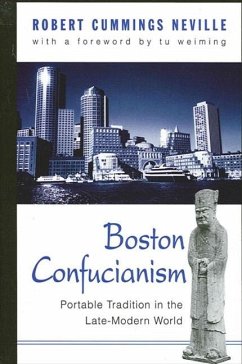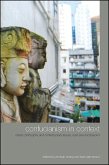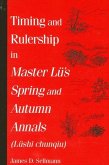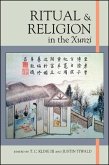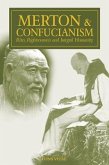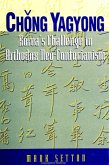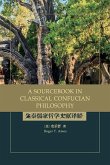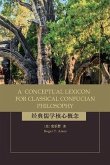Is it possible to be a Confucian without being East Asian, as so many philosophers have been Platonists without being Greek? Strangely enough, many scholars would answer in the negative, citing the inextricable connection between Confucianism and East Asian culture. Boston Confucianism argues to the contrary, maintaining that Confucianism can be important to the contemporary global conversation of philosophy and should not be confined to an East Asian context. It promotes a multicultural philosophy of culture and makes a contribution to Confucian-Christian dialogue, showing that the relations among the world's great civilizations today is not a "clash", as Samuel Huntington has argued, but an entanglement whose roots are worth sorting and whose contemporary mutual developments are worth promoting.

